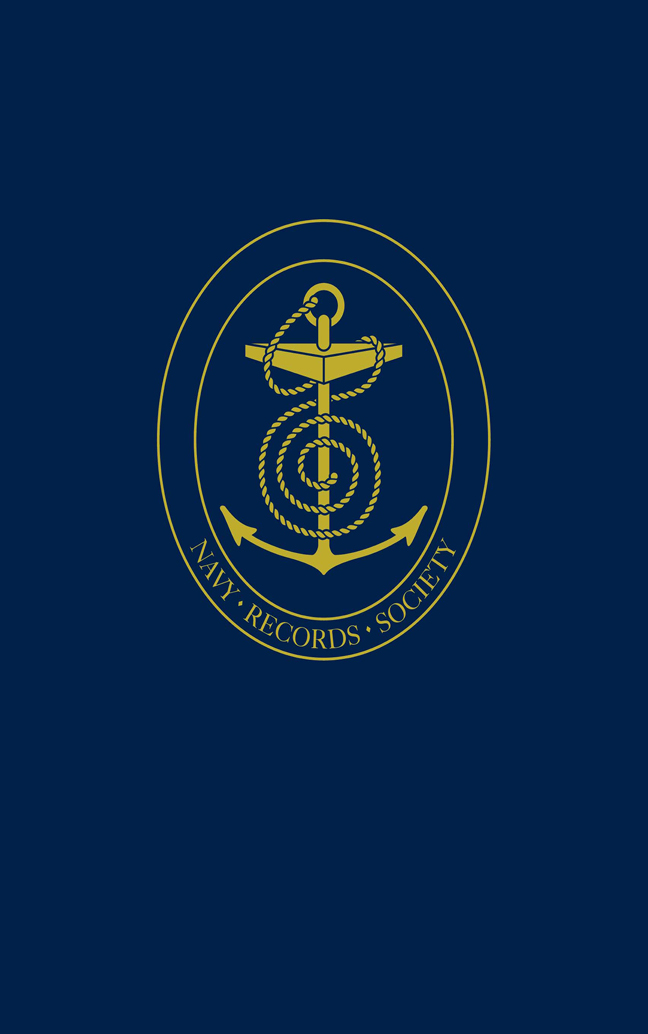 Papers and Correspondence of Admiral Sir John Thomas Duckworth
Papers and Correspondence of Admiral Sir John Thomas Duckworth Published online by Cambridge University Press: 05 March 2024
Within a week of arrival at Plymouth, Duckworth was ordered to complete his stores for Channel service [34], but then was detained in Plymouth and Spithead and Portsmouth through the winter of 1793–94, occupied with administration – including the old issue of paint [38, 39] – transferred to Admiral Alan Gardner's command again in January [41], and then to Lord Howe's in March [46]. His documents in that time are again evidence of the many minor administrative and personnel issues he, and every other captain, had to cope with while in harbour – a supply of Bibles [36], paint, pay – a collective plea by the captains [42] – and personnel [35, 40, 43–45].
During his service under Admiral Lord Howe, Duckworth evidently acquired copies of several documents which it is perhaps unlikely a captain would normally obtain – an Admiralty background letter addressed to Admiral Sir Peter Parker [47], and even a copy of the instructions from the Admiralty to Lord Howe [50]. He was employed, along with other captains, in checking on the condition and numbers of the French fleet at Brest [52], and eventually Orion formed a unit of Howe's fleet which intercepted that French fleet and its convoy in the western Atlantic.
It is odd, however, that no written material survives from the six weeks before the battle, when presumably Orion was at sea with the fleet. In later stints of blockading Brest, frequent, even daily, reports were made and demanded; presumably Howe did not require them, or perhaps did not think of asking for them. This alteration is a mark of the change in and systematisation of the blockading system between the start of the war and its later phases.
Duckworth composed a report on his activities during the battle which resulted (‘First of June’ for want of a geographical designation), which appeared several years later in the Naval Chronicle. There are in fact three of these reports. That included here is the most detailed, and clearly was based on the log maintained during the fighting. It may or may not be by Duckworth himself, though one would suppose he had authorised it, and supervised it, at least.
To save this book to your Kindle, first ensure [email protected] is added to your Approved Personal Document E-mail List under your Personal Document Settings on the Manage Your Content and Devices page of your Amazon account. Then enter the ‘name’ part of your Kindle email address below. Find out more about saving to your Kindle.
Note you can select to save to either the @free.kindle.com or @kindle.com variations. ‘@free.kindle.com’ emails are free but can only be saved to your device when it is connected to wi-fi. ‘@kindle.com’ emails can be delivered even when you are not connected to wi-fi, but note that service fees apply.
Find out more about the Kindle Personal Document Service.
To save content items to your account, please confirm that you agree to abide by our usage policies. If this is the first time you use this feature, you will be asked to authorise Cambridge Core to connect with your account. Find out more about saving content to Dropbox.
To save content items to your account, please confirm that you agree to abide by our usage policies. If this is the first time you use this feature, you will be asked to authorise Cambridge Core to connect with your account. Find out more about saving content to Google Drive.